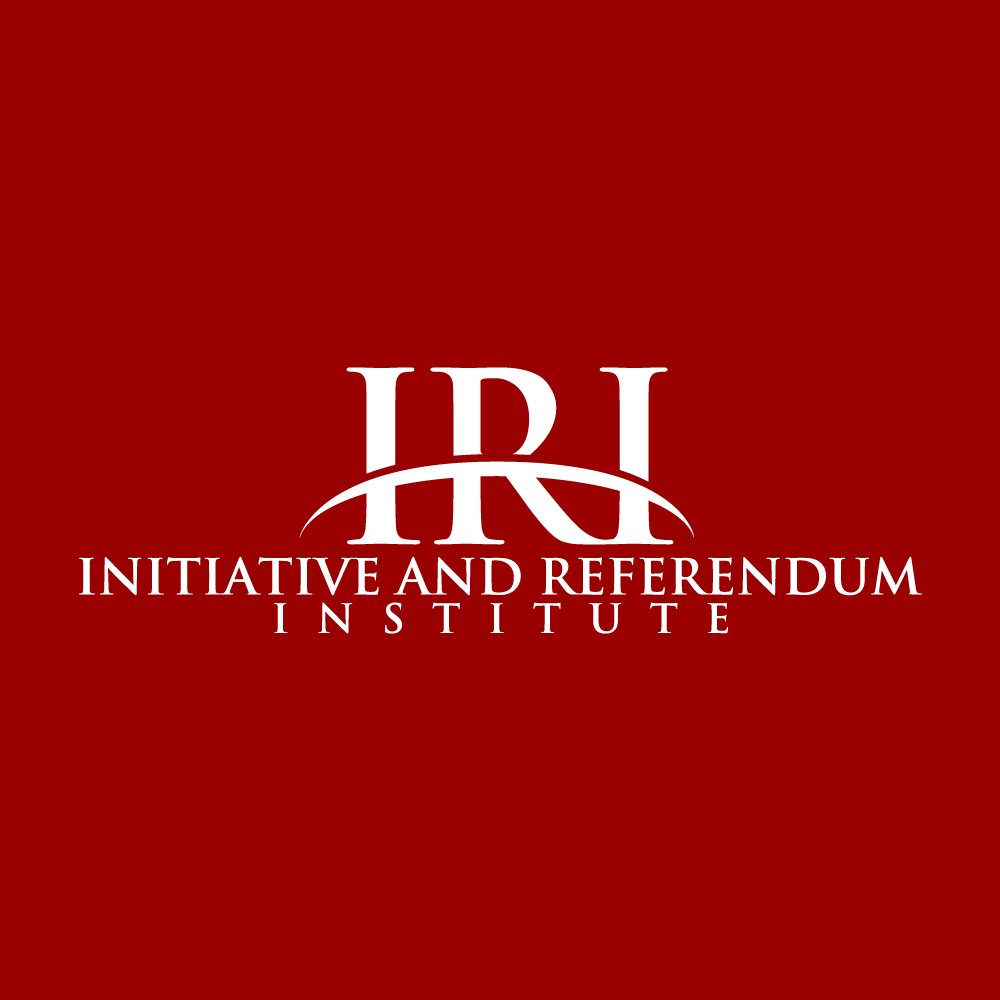South Dakota
South Dakota, the first state to adopt initiative and referendum on a statewide level, did so in 1898. The Direct Legislation Record for December of that year gave credit for this achievement to the organizing efforts of Walter E. Kidd of Brown County. Kidd, born in Michigan in 1849, spent "half his mature years" in farming and the other half in "newspaper work" as publisher of the Dakota Ruralist, whose front-page motto was "Socialism in Our Time." Kidd claimed that it was the "only daily paper in the country advocating socialism." He had served as chair of the Populist Party State Central Committee, and as state representative from his district.
South Dakota was also the only state in which the I&R idea originated on home soil. According to an article by a Mr. Doane Robinson, originally published in the St. Paul Pioneer Press and reprinted in the October 1910 Equity Series, I&R "originated in the fertile mind of Rev. Robert W. Haire, a Catholic clergyman of Aberdeen.... With him the plan was pure invention, for he had not heard of the Swiss I&R when in 1885 he proposed a people's legislation embodying the features of the present constitutional provision. Father Haire was active in the Knights of Labor and he exploited his scheme widely through the literature of that organization."
Later the Farmers' Alliance took it up. The populists, too, stood for the measure, and when they secured control of the legislature in 1897 they submitted an amendment to adopt I&R. Hon. H. L. Loucks, widely known as the father of populism, was earnestly in favor of the amendment. At the general election that fall [1898] it was adopted by a vote of 23,816 to 16,483.
South Dakotans in 1912 passed a primary election initiative known as the "Richards primary election law," and they passed another statute on the same subject, by the same author, in 1918.
South Dakota voters approved no other statewide initiatives for the next 60 years. The citizens saw a revival of initiative use in 1978-1988, when 16 initiatives qualified for ballot placement, a tally equal to the total number of initiatives on the ballot during the previous 55 years. In the last decade, South Dakotans have approved initiatives regarding term limits, tax reform and gaming. The renewed use of the initiative process can be tied to Governor William Janklow. Janklow was a strong supporter of the initiative process and advocated its use.
See David Schmidt, Citizen Lawmakers: The Ballot Initiative Revolution (Temple University Press, 1989).
